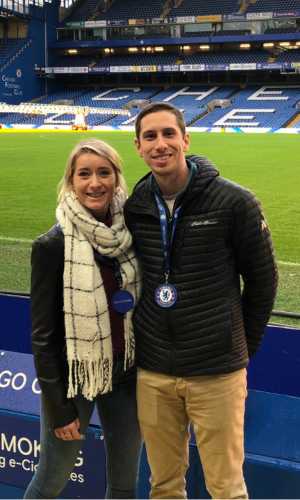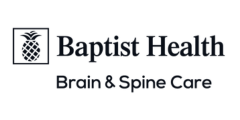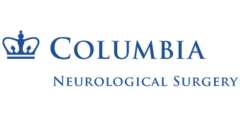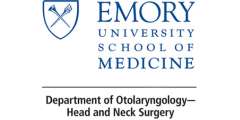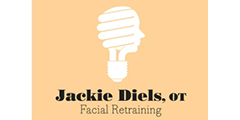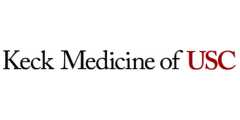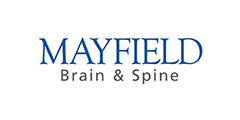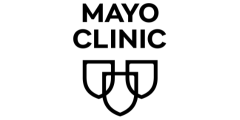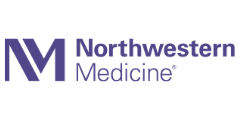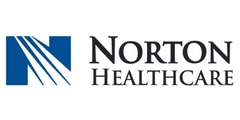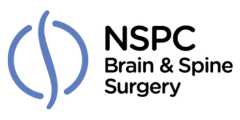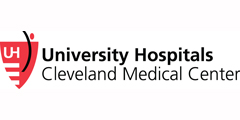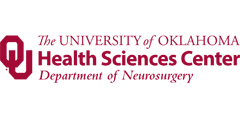Rapid Decrease in Hearing Led to AN Diagnosis
By Rob Landis
It was the summer of 2013, between my sophomore and junior years of college. I was making plans for the summer to hang out with my friends, take some vacations, and work part-time to earn some extra money. Unfortunately, all of this was put on hold very suddenly. At the age of 20, I learned I had an acoustic neuroma.
Prior to my diagnosis, I noticed a few signs that lead me to believe there was something wrong. First, I was experiencing episodes of tinnitus when I tried to sleep. Some nights were worse than others. I mostly attributed it to stress due to end of semester tests and finals. Then, over the course of a few short weeks, I started to notice changes in my hearing on my left side. It became difficult to hear others and I had difficulty hearing phone conversations.
Finally, I went to see a local ENT to try and find out the cause of my issues. When they noticed I had 75% hearing in my left ear, I was scheduled for an MRI. The acoustic neuroma was confirmed. I went back to the ENT doctor shortly thereafter and found I was down to 50% hearing. I saw an otolaryngologist from the University of Iowa Hospital the next day. Due to my rapid hearing loss, I was scheduled for surgery that same week in hopes of salvaging my remaining hearing.
On the day of my surgery my hearing had decreased to 25%. Although it doesn’t sound like much, it meant a lot to me to try and save it, to help me locate sounds. After over eight hours of surgery, the tumor was fully removed. Unfortunately, I had lost all my remaining hearing. In addition, I had almost no balance and some facial paralysis. I was in the hospital for almost four days trying to regain my strength and the ability to walk without assistance. Over the summer, I had several months of rehab. I was able to regain all my balance and fortunately, my facial paralysis was very minimal.
That fall, I was back at school full-time to finish my degree. Now, several years later, I have my undergraduate degree in accounting and my master’s degree in business administration. I’m married and working at a Fortune 50 company. I’ve been able to work internationally, and I continue to advance in my career. I’m sharing this information with you not to brag, but to show what can be accomplished in such a short time.
Even now, being deaf on my left side still presents challenges that I must work through. I’ve not had any additional surgeries for bone conduction devices or use any of the available hearing aids. I am able to get past challenges while driving, eating in a busy restaurant, or attending work meetings using some helpful tips which I want to share with you.
- Always be upfront about having single sided deafness with others
- Arrive early to meetings in order to position yourself to best hear the entire room
- Double or triple check crossing the street when walking or driving as you may not be able to hear cars coming
- Adjust your headphones/headsets to have all sounds coming to your hearing ear
- Make sure to wear a good set of ear plugs when being exposed to loud noises
For me, the diagnosis and surgery were very traumatic and difficult events. I believe anyone can reach their achievements with the right goals and mindset in place. I was fortunate to have my family to help me through this entire process - I wouldn’t be where I am today without them.

